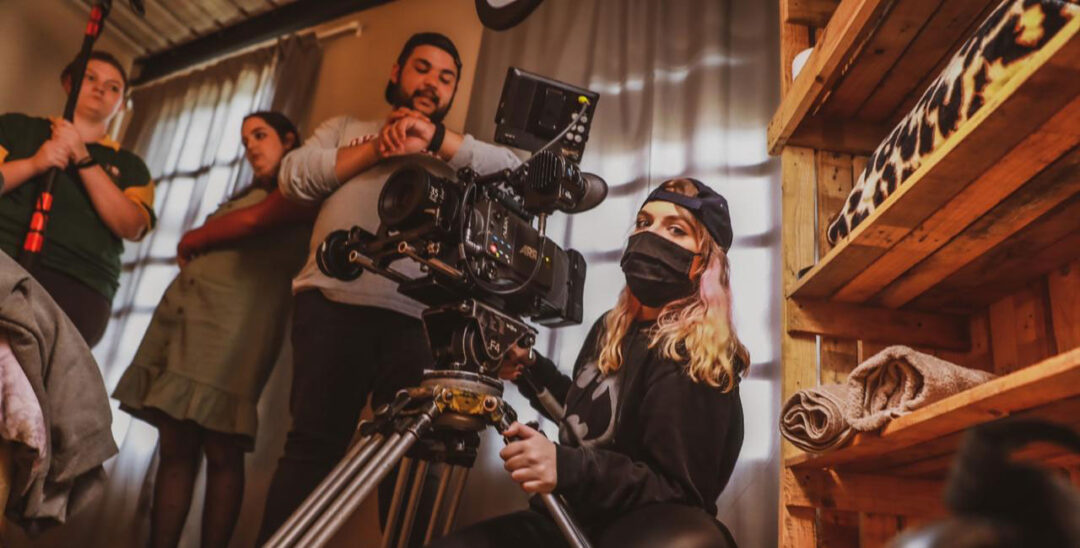Overview
The AFDA Bachelor of Arts in Live Performance is renowned for providing students with a rigorous, well-rounded, comprehensive education in live performance. The program is designed to equip students with the necessary conceptual, practical and contextual skills to perform on stage, screen, TV, or within the music industry. What defines the program and sets it apart, is its project-led experiential approach to learning, allowing graduates to thrive in the creative economy of the 21st century.
Unlike in traditional learning spaces, students are not assessed on the knowledge they have gained by means of examinations. Instead, they are assessed by how they are able to analyse and apply this knowledge in the context of creating live performance projects. This problem-based learning assists students in developing their own concepts, then in contextualising and socialising this learning through successful collaboration, integrating their own understanding with that of the team, and finally in evaluating their progress in order to foster a sense of personal development. Also included in this approach, is the opportunity for students to engage with a professional context, applying their knowledge in order to begin thinking about building successful and fulfilling acting careers.
Students enrolling for this degree should have a strong desire to:
- Develop a culture not only of knowledge exploration, but also of understanding, applying and analysing this knowledge to come up with their own novel performance concepts.
- Take on multiple roles within creative project teams across multiple content forms, adopting a collaborative learning approach.
- Be aware of the ethical and cultural contexts in which they work, and the opportunities they have as creative professionals to invest in the world.
- Apply their knowledge in the context of the live performance profession in order to build successful careers and foster personal fulfilment.
- Nurture a culture of life-long, deep, relevant learning by continuously reflecting on and developing their progress.

